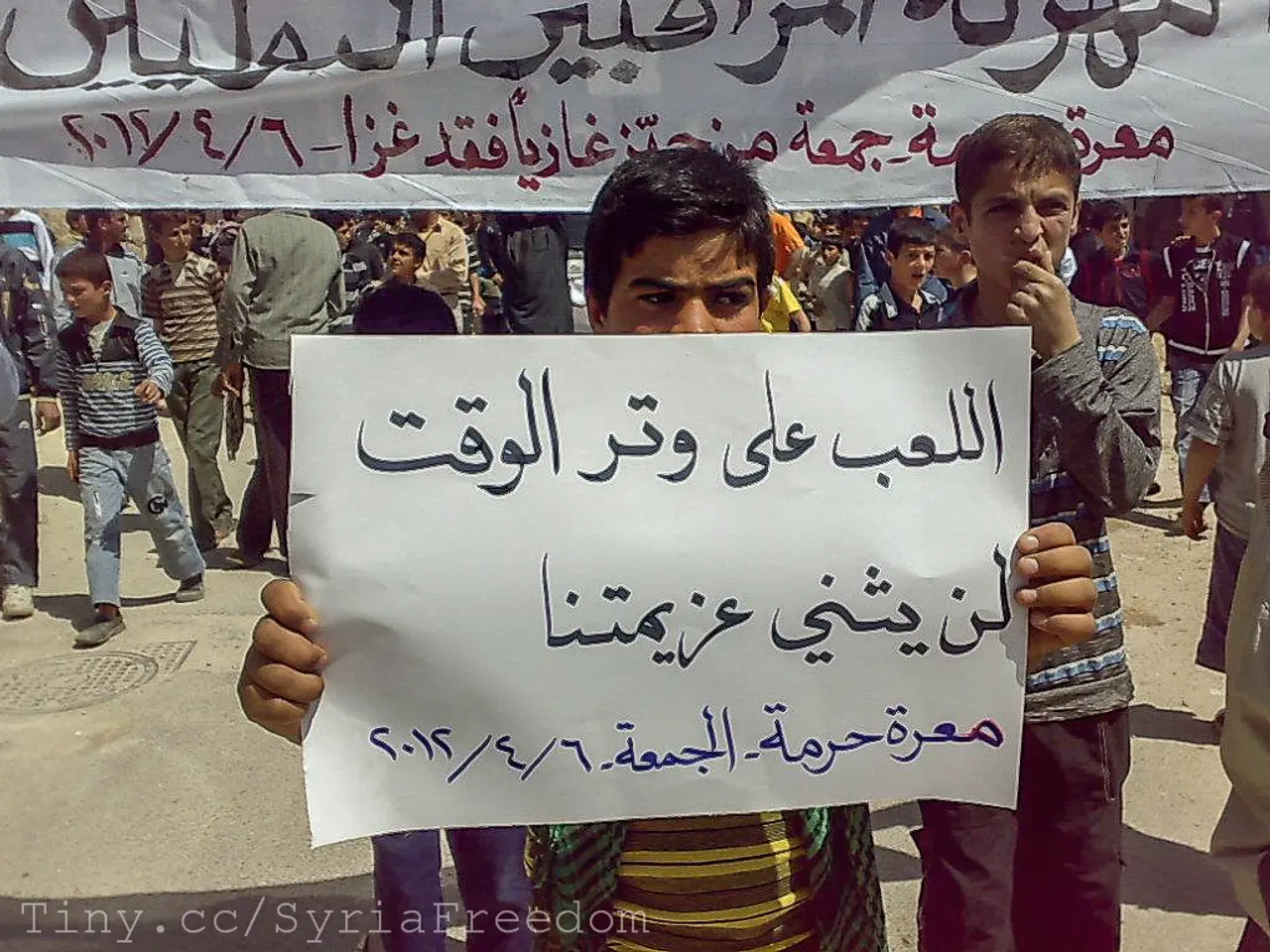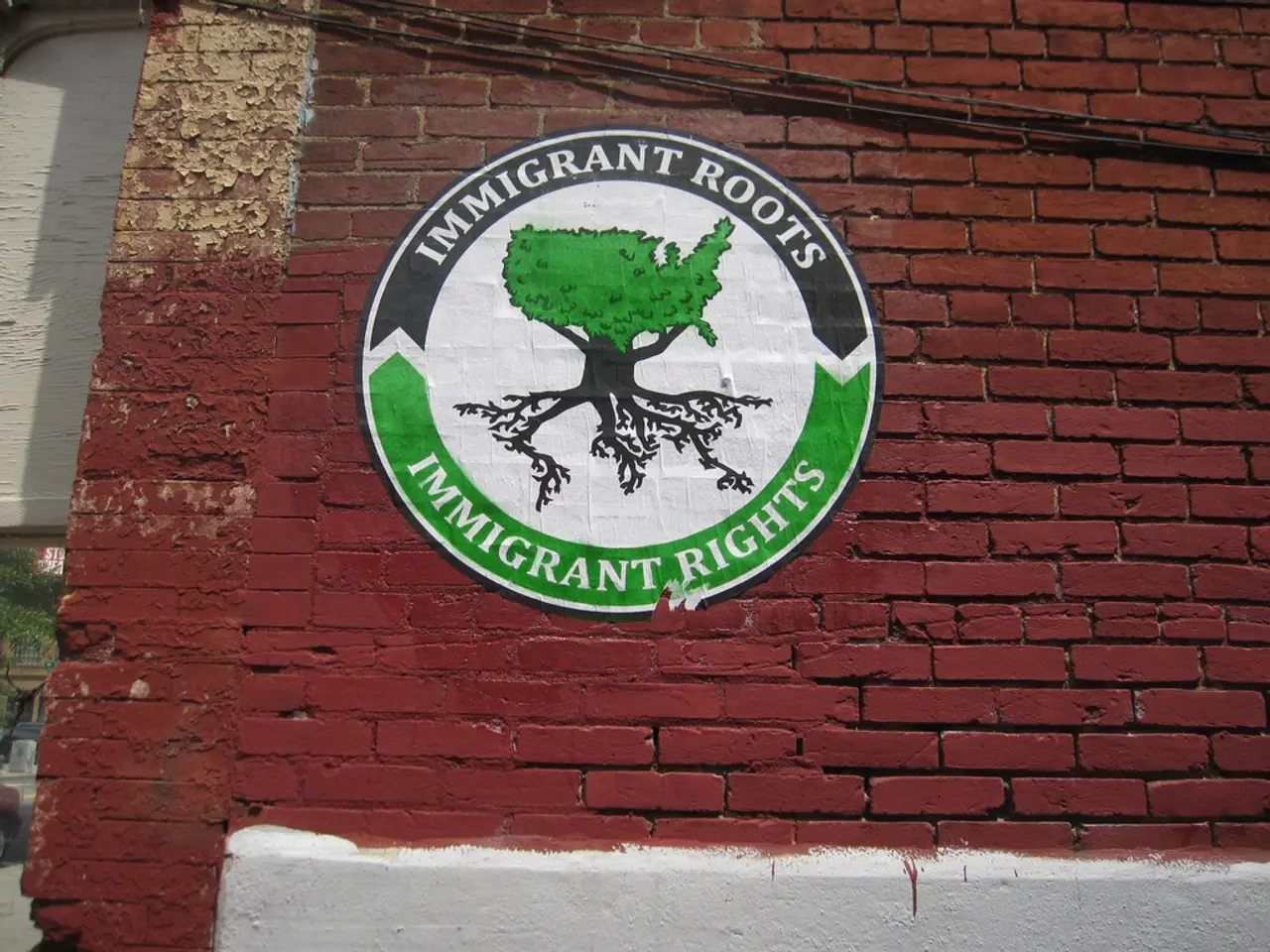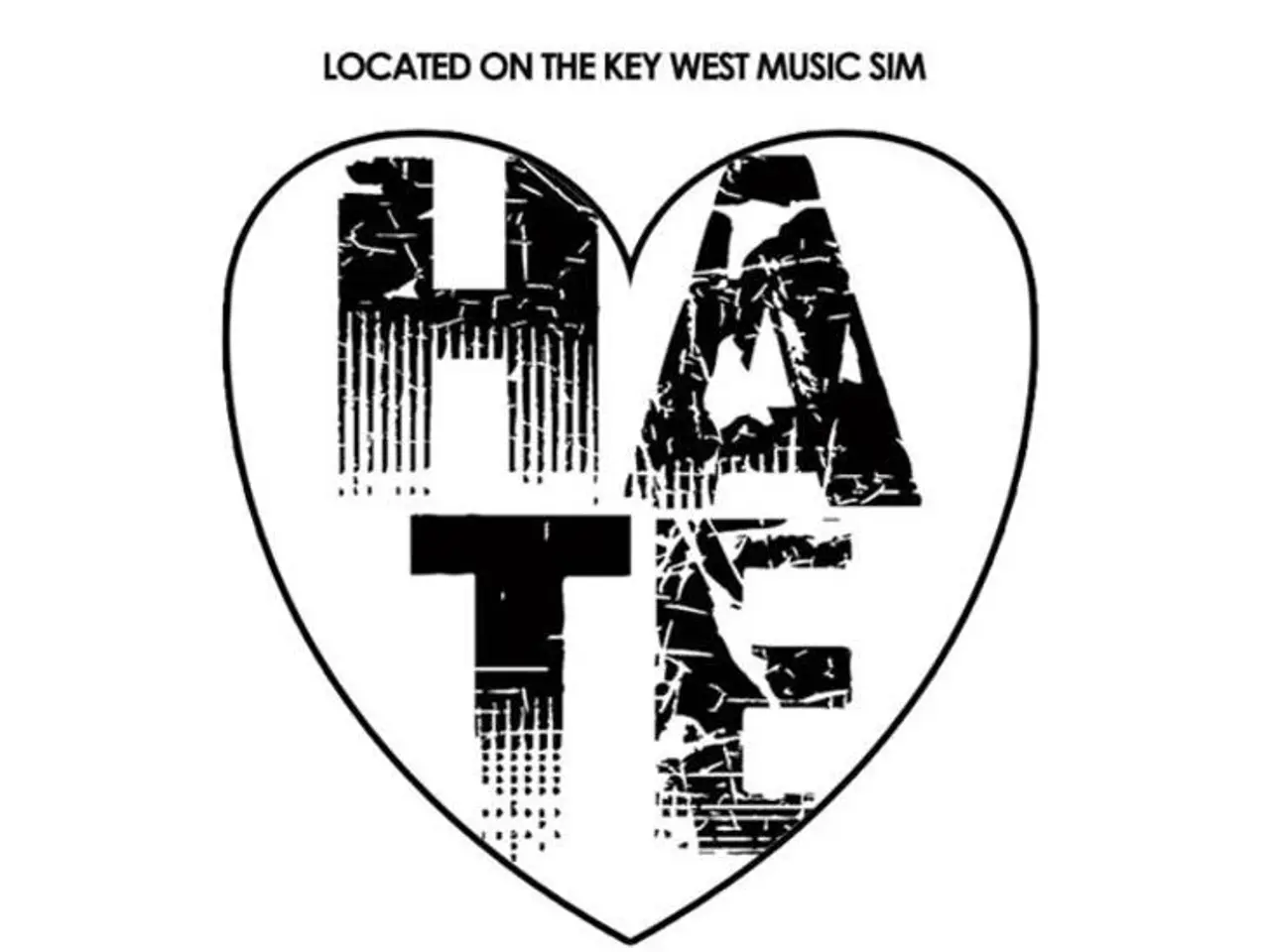Hungary Warns EU Reps: Join "Pride Parade," Face Potential Charges
Hungary issues warnings of imprisonment to EU officials due to their support for "Pride" events
Hungary's government has made it clear that EU representatives could face penalties if they participate in the banned "Pride Parade" in Budapest. Justice Minister Bence Tuzson has issued a stern letter to ambassadors of several EU countries, asserting that the "Pride Parade" is a "legally banned gathering." Anyone attending commits a "criminal offense."
The government's hardline stance is in response to a statement of support from diplomatic and cultural representations of 33 countries for the upcoming event. Five EU members - Italy, Croatia, Slovakia, Romania, and Bulgaria - did not join the statement.
The proposed Pride parade, initially scheduled for June 28 in the capital, was banned by the police, citing the recently enacted Child Protection Act that restricts depictions of homosexuality and gender reassignment in public spaces. Budapest's liberal mayor, however, announced an alternative event called "Day of Freedom" to circumvent the prohibition.
The Hungarian government, led by Prime Minister Viktor Orbán, has imposed a controversial ban on Pride events, using facial recognition technology to identify organizers and participants, with fines as a result. The European Commission led by Ursula von der Leyen has criticized the ban, urging Hungarian authorities to lift it and allowing for the Pride march to proceed without fear of sanctions.
While there's no confirmation that EU representatives face arrest for participating in Pride events, the brinkmanship between the EU and Hungary remains tense. The situation calls for diplomatic finesse as both parties assert their positions regarding LGBTQ+ rights in Hungary.
- Hungary
- LGBTIQ
- Viktor Orbán
Insights:- Despite Hungary's ban on Pride events, foreign embassies in Budapest voiced their support for the parade, signaling diplomatic backing. Conversely, some EU members declined to join the statement.- The Hungarian government uses facial recognition technology to identify organizers and participants of banned events like the Pride Parade, with fines imposed on violators.- The European Commission and various EU politicians and human rights organizations continue to encourage the right to hold Pride events without repression and call for safe conditions for gatherings.
The European Commission has also been asked to submit a proposal for a regulation on the politics of Hungary regarding the general-news issue of LGBTIQ rights, specifically the ban on Pride events led by Prime Minister Viktor Orbán. This comes amidst tension between the EU and Hungary, as EU representatives could potentially face charges if they participate in the banned Pride Parade in Budapest.





